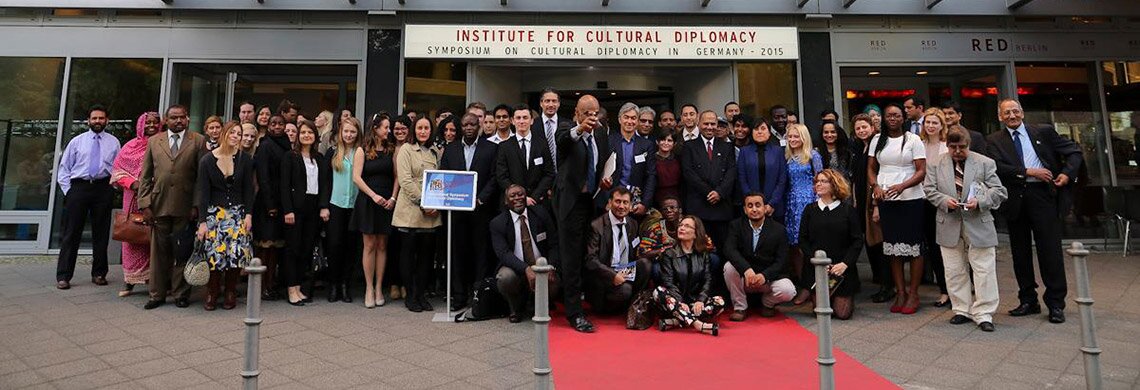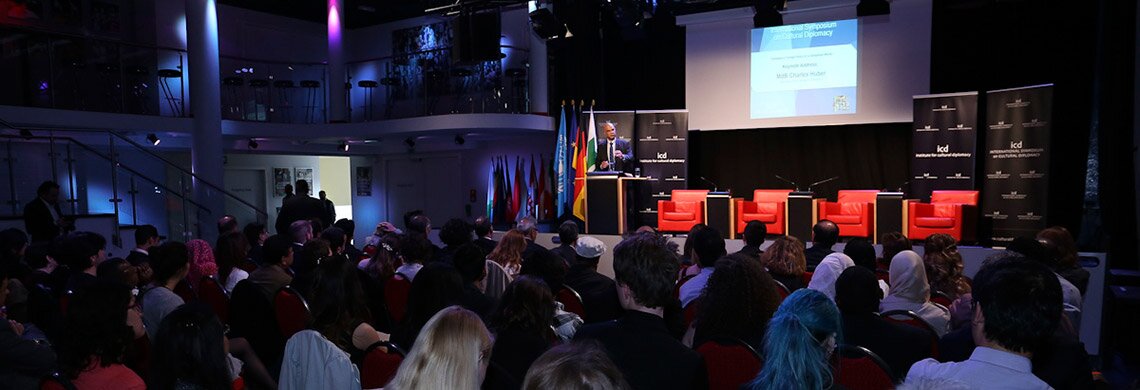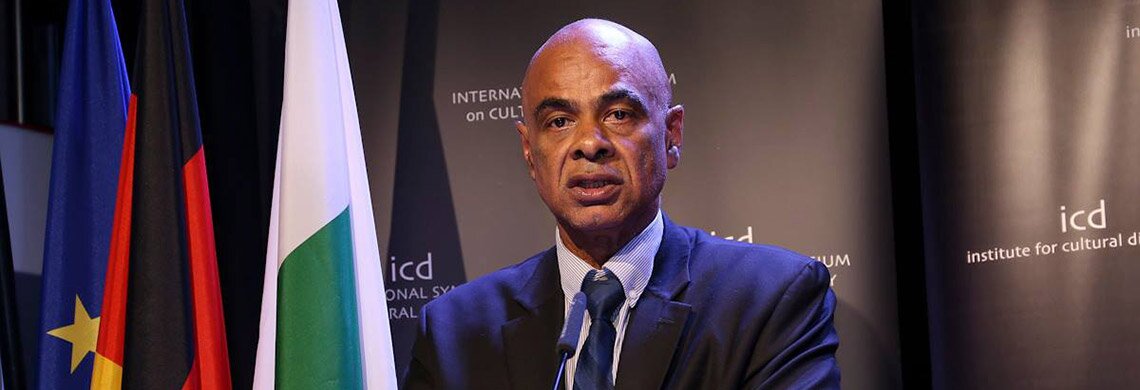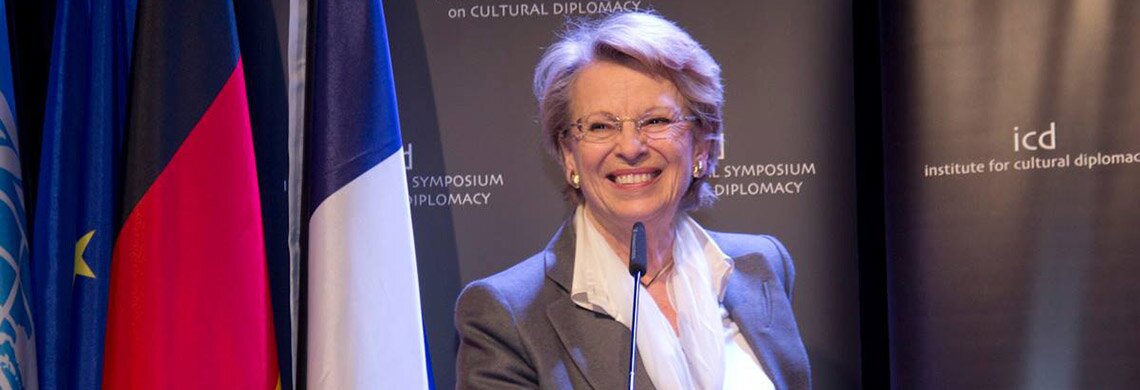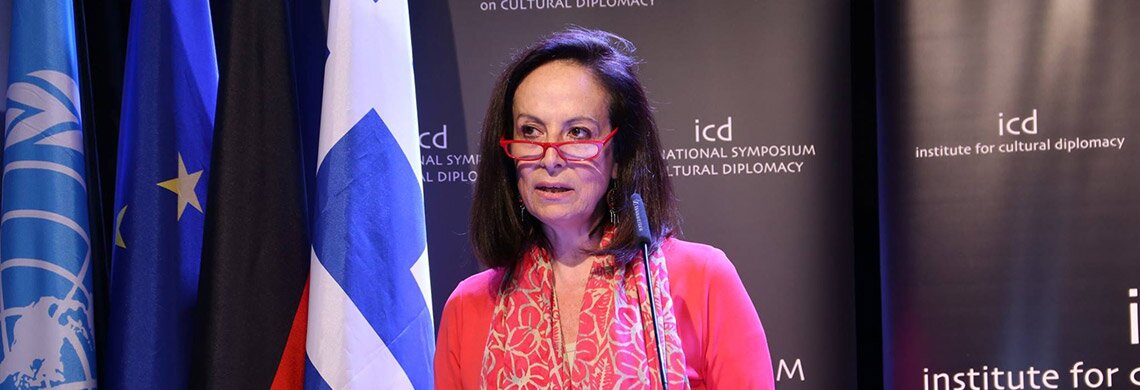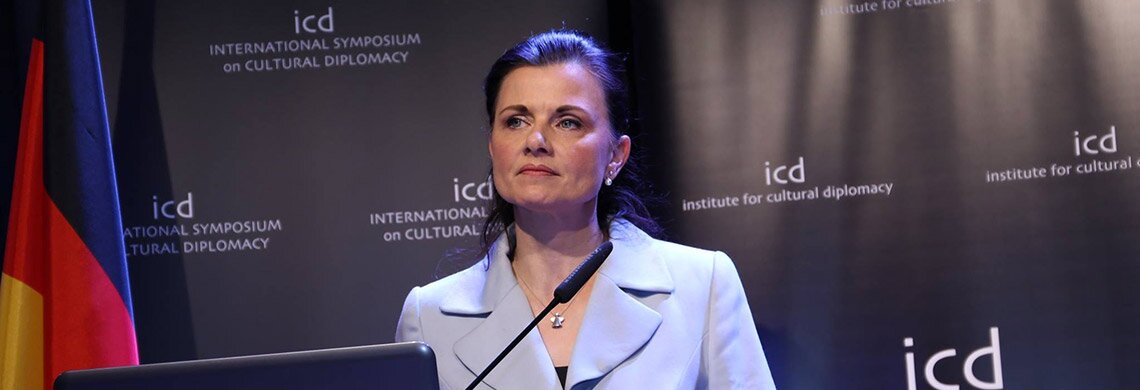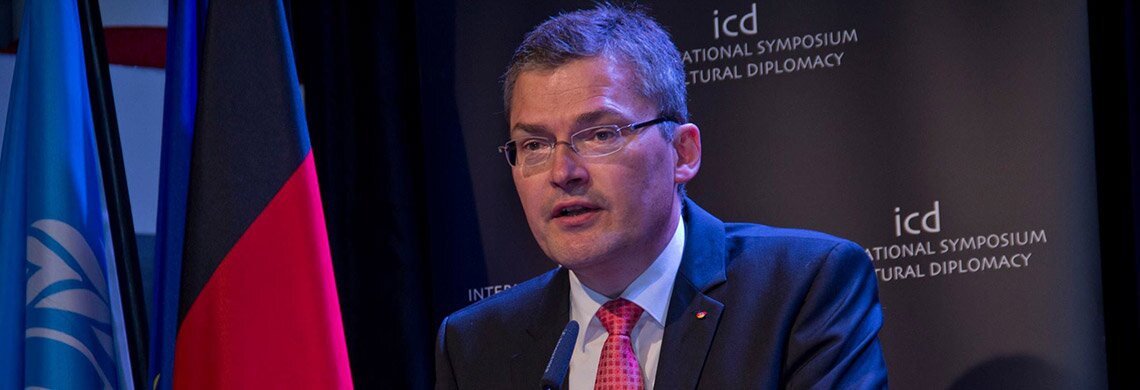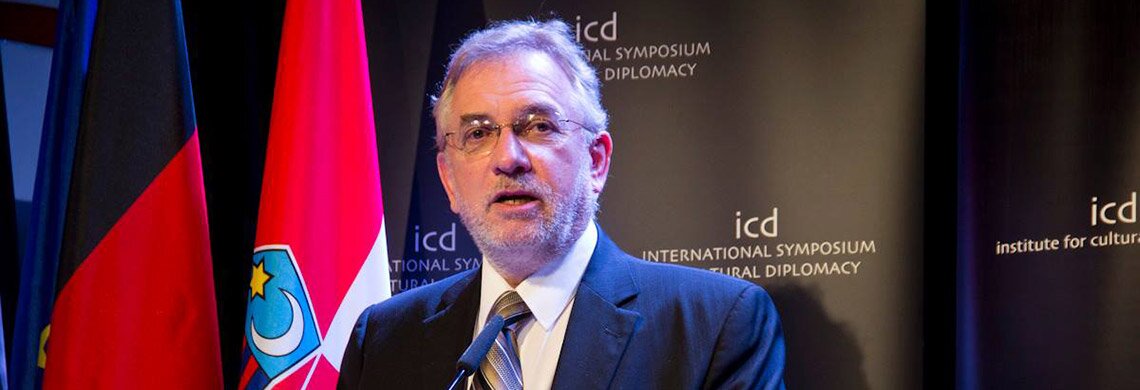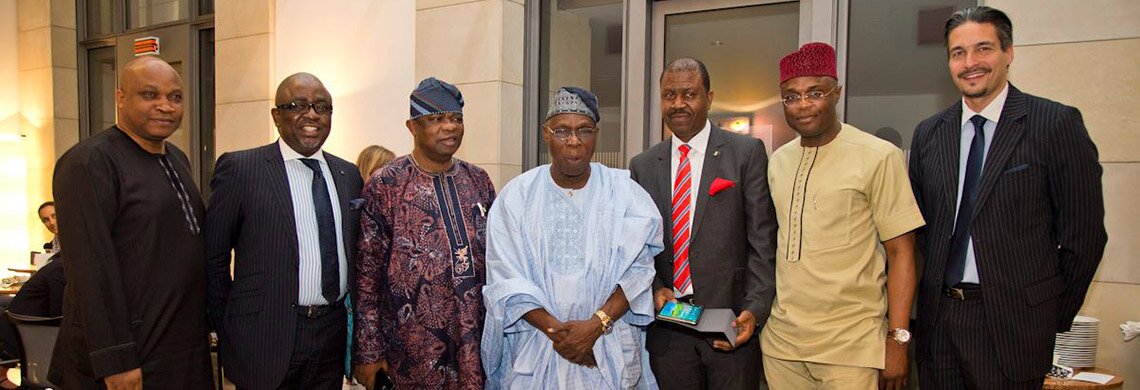Cultural Diplomacy Outlook Report 2011

Conclusion
It is increasingly accepted that for any nation wishing to promote its own interests on the international stage, the use of ‘hard power’ alone is wholly insufficient and can ultimately be detrimental to their long-term prospects.As globalisation through the use of hard power becomes both economically and socially less attractive, alternative forms of diplomacy such as the promotion of culture (soft-power) becomes an appealing alternative. Exports such as music, literature, performance and the visual arts can lead to international acclaim for both the individual and the national cultures they represent.
The mutual exchange of culture on an international level provides a platform on which political and social agendas can be met. This rise in the use of soft power and cultural diplomacy has prompted political scientists, heads of state and academics to explore the benefits of cultural diplomacy, and the methods through which they can be realised. The Cultural Diplomacy Outlook 2011 has investigated the many aspects of cultural diplomacy, and combined them into a body of research with the aim of providing a comprehensive reference for those hoping to engage in the field of cultural diplomacy.
The individual country reports have demonstrated various modes of expression for the communication and exchange of cultural awareness. Such culturally diplomatic programmes have served to highlight the unique attributes of different cultures within nations, demonstrating societal integration and promoting equality. Furthermore, the country profiles have shown that a nation’s use of ‘soft-power’ can serve to strengthen and promote cultural identity, and facilitating international exchange. As such, the country reports have taken into account broader regional trends and shared histories, as a basis for the implementation of cultural diplomacy. This has proved an extremely insightful method of research into country-specific, culturally diplomatic initiatives, and how they can be improved.
The nation branding report outlines a particularly interesting device for the practice of cultural diplomacy. This research has aimed to identify the extent to which countries invest in their national image abroad, based on an assessment of selected nations across five continents. Nation branding has been identified as a useful tool to counter negative stereotypes, and can additionally be used to promote trade and investment. It has been found that an effective use of nation branding can boost tourism, establish regular trade routes and facilitate the exchange of local knowledge. It can be concluded that positive and representative nation branding initiatives can improve interstate relations and build foundations for economic, political and cultural dialogue.
The Cultural Diplomacy Outlook 2011 has also conducted unique research into the culturally diplomatic activities of the public and private sectors. In the report on state-sponsored cultural diplomacy programmes, the ranking of governments based on such initiatives has highlighted that while an overall desire for the initiation of dialogue does exist, the extent to which these intentions are actively pursued is reflected by the amount of government investment in culturally diplomatic initiatives. It was found that each nation assessed, displayed an interest in relaying its global image, values and way of life. It has therefore become increasingly recognised that these measures can both strengthen existing relations between nations and forge new alliances, whilst also proving beneficial to individuals and their communities. The report has uncovered an ever-increasing emphasis on nation branding by governments, as well as the subsequent effects of increased foreign investment, trade and tourism on employment and mobility.
The scope of the report also extended to the investigation of the private sector, in terms of its promotion of cultural diplomacy within corporations and businesses, with a specific focus on internal policy and diplomatic engagement. The report recognised that private corporations play an increasingly influential role in the global economy, and are therefore well-equipped to support local and international cultural projects, offering symbiotic benefits for all engaged. Within this, the opportunity for the private sector to work in partnership with other local organisations has also been identified as a key catalyst for enhancing culturally diplomatic relations.
Although the notion of corporate responsibility has long been recognised, the Cultural Diplomacy Outlook 2011’s investigation into the culturally diplomatic efforts of the leading 100 European multinationals, found that a majority of these companies only demonstrated a minimal level of engagement. Whilst the overall rating across all sectors was D, a substantial variance was recognised between industries. The best-performing sector was found to be Automobiles & Parts which scored thirteen points above the average, with Pharmaceuticals & Chemicals, Tobacco, Food & Beverages and Mining all ranking well below. It can therefore be concluded that many areas of the private sector are disengaged with cultural diplomacy; this is a field into which the ICD would advocate further research, in order to identify potential incentives for increased engagement.
The Institute for Cultural Diplomacy recognises that this study is the most comprehensive of its kind, both in the scope of subject areas relevant to cultural diplomacy, and the detail in which these areas have been analysed. As the culmination of a year-long project, it is hoped that the Cultural Diplomacy Outlook 2011 will convey a more conclusive understanding into the concept of cultural diplomacy, and act as a springboard for further exploration.
Mark C. Donfried
Founder & Director

